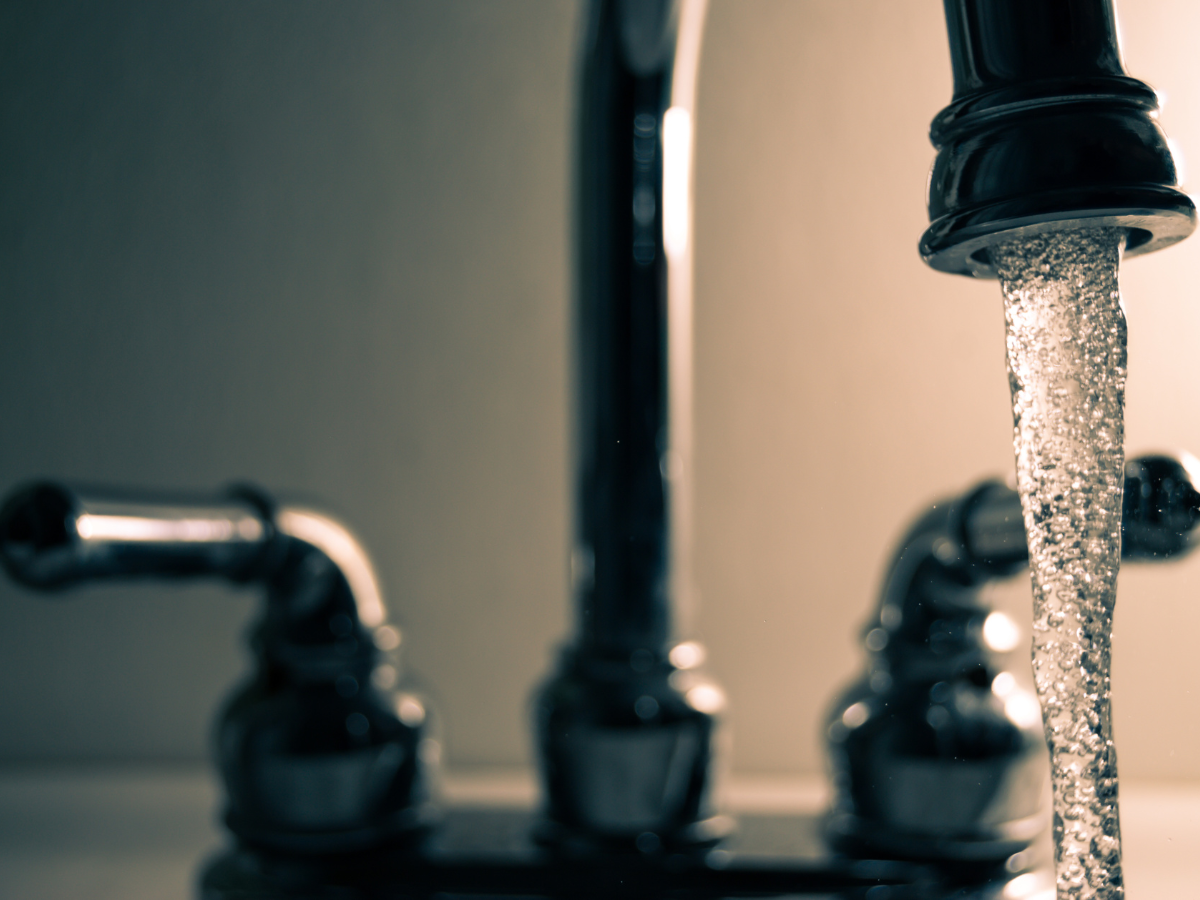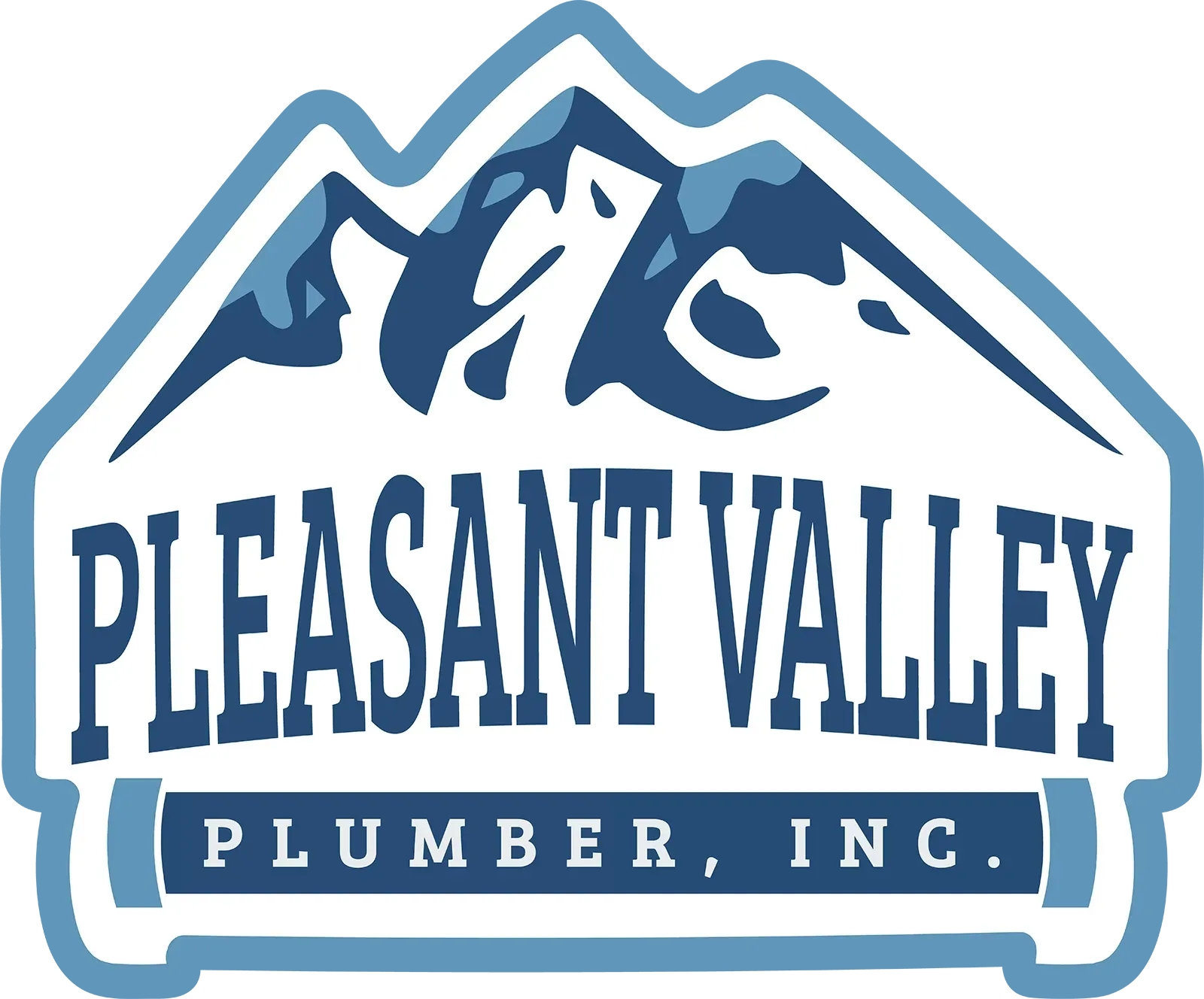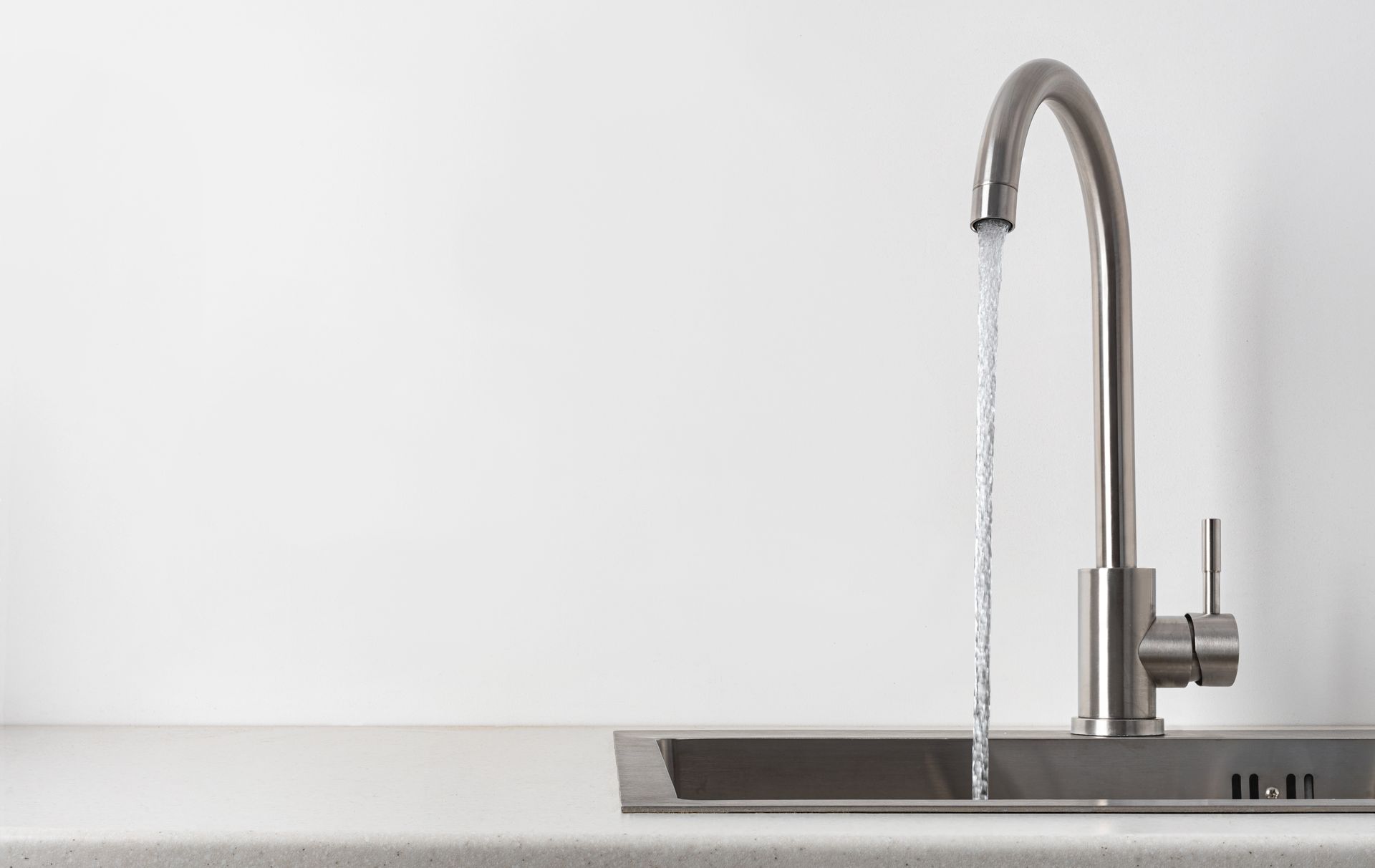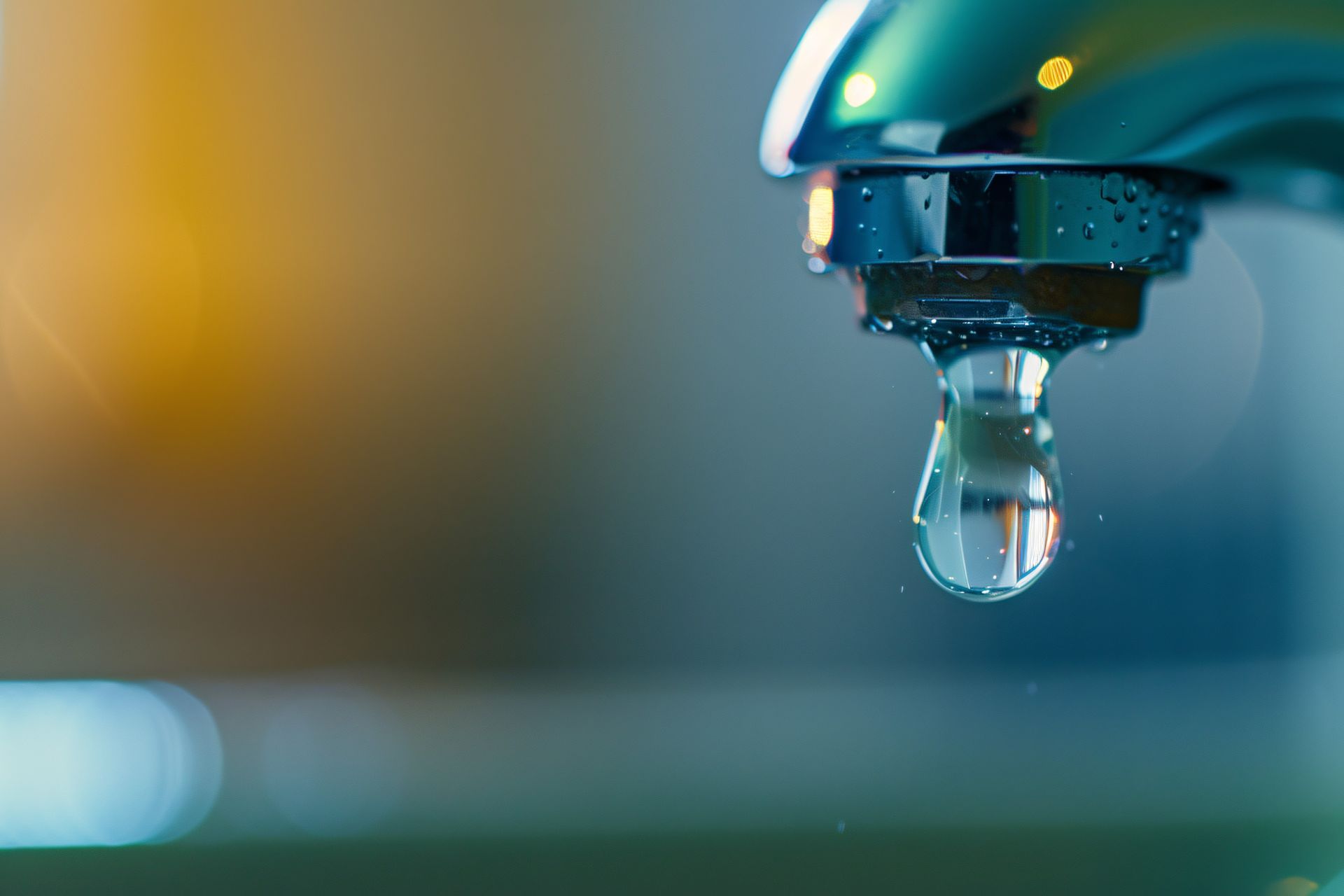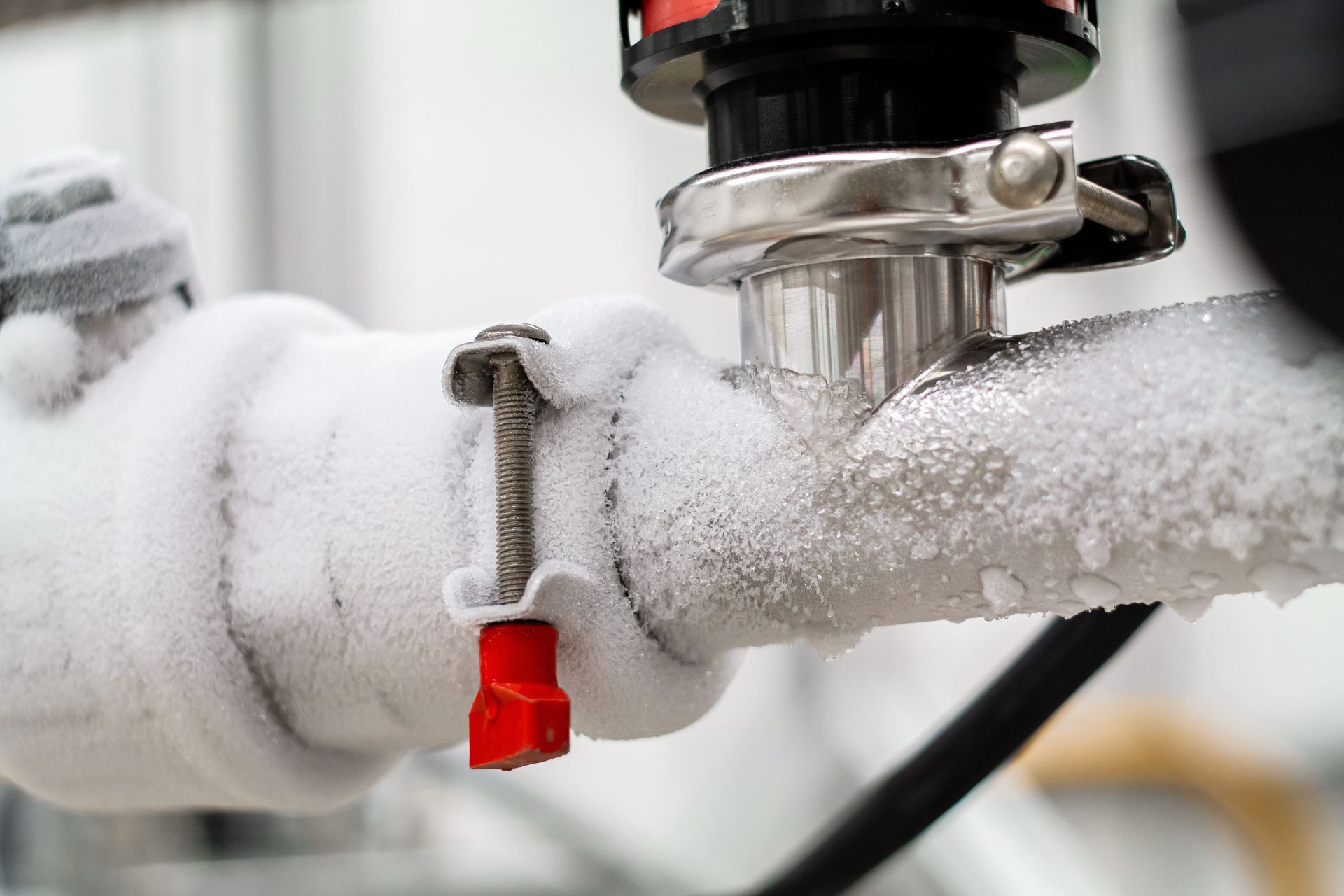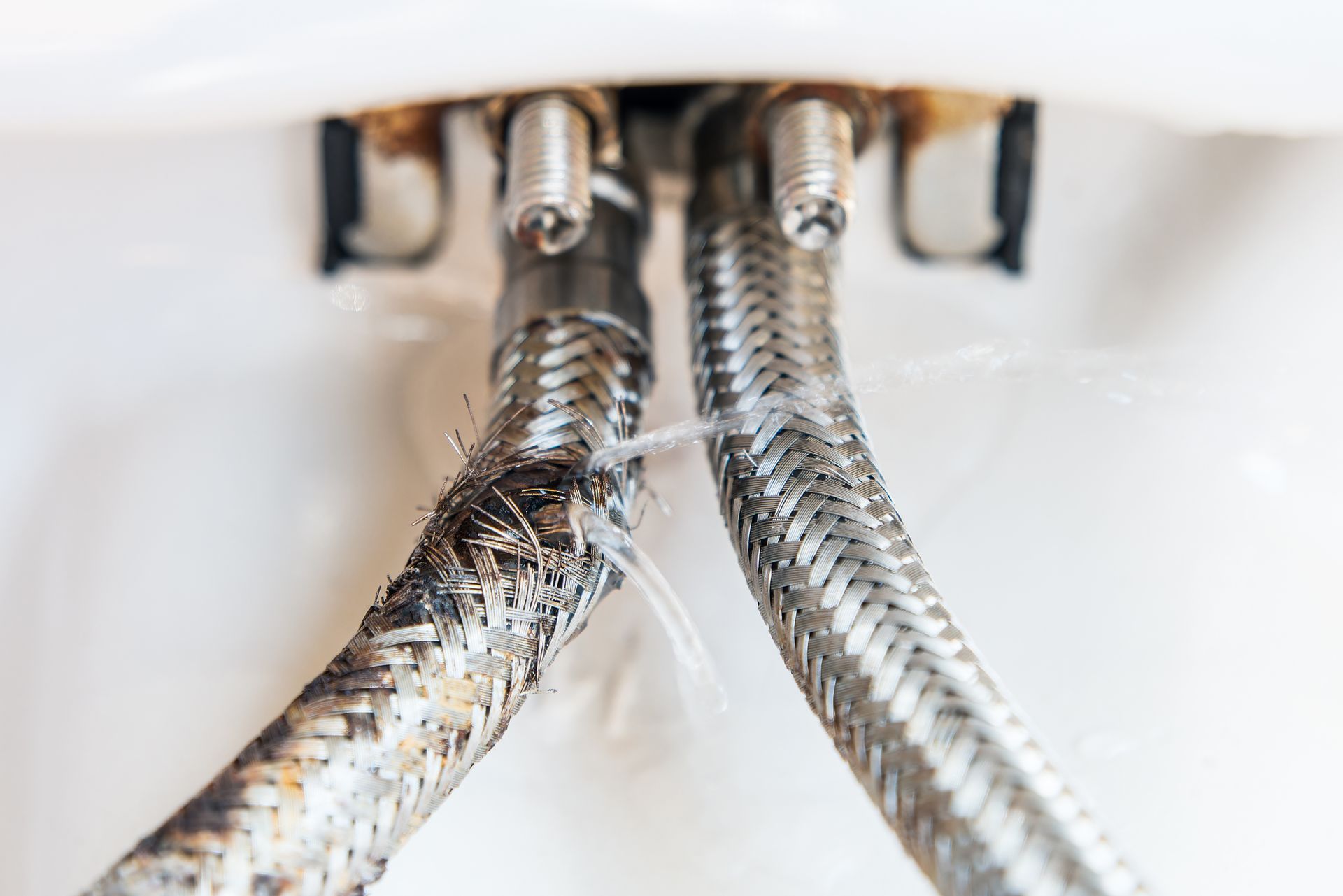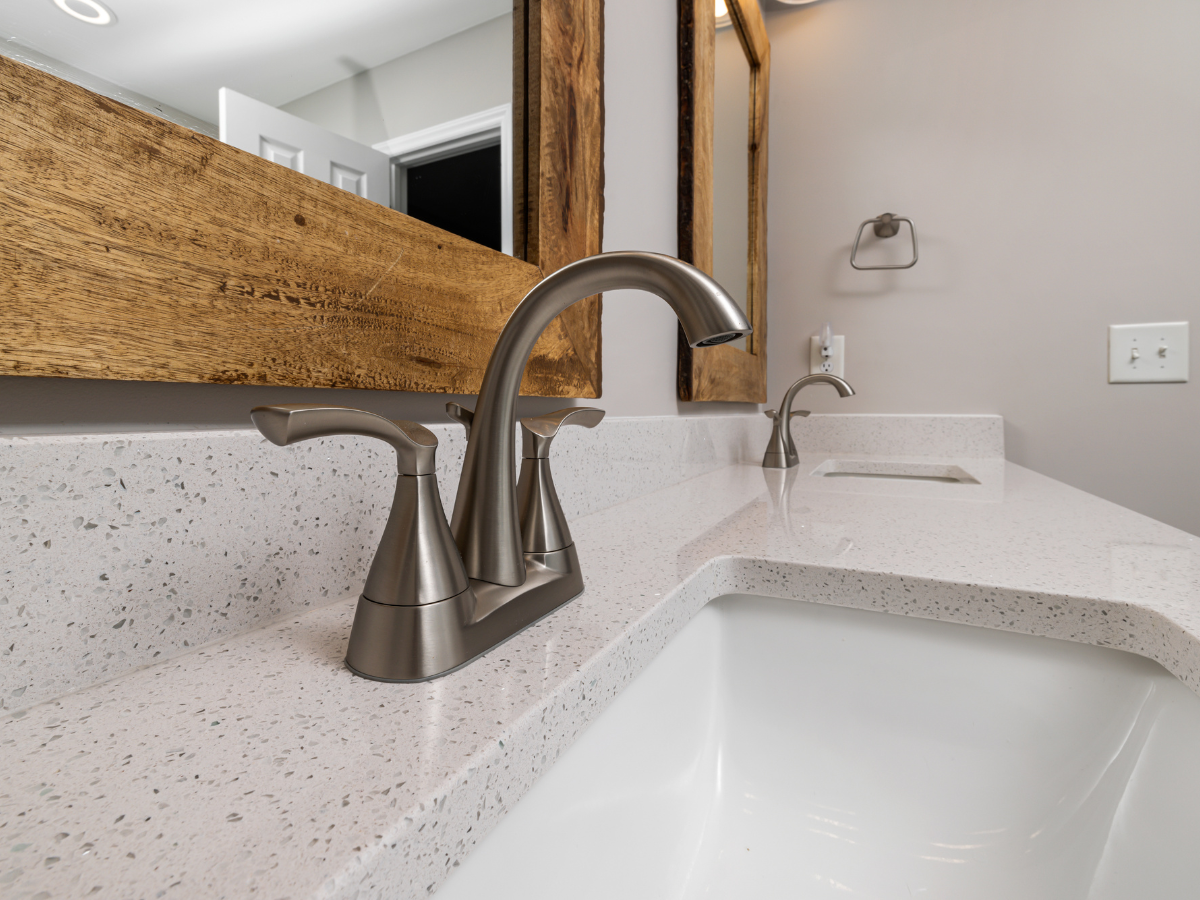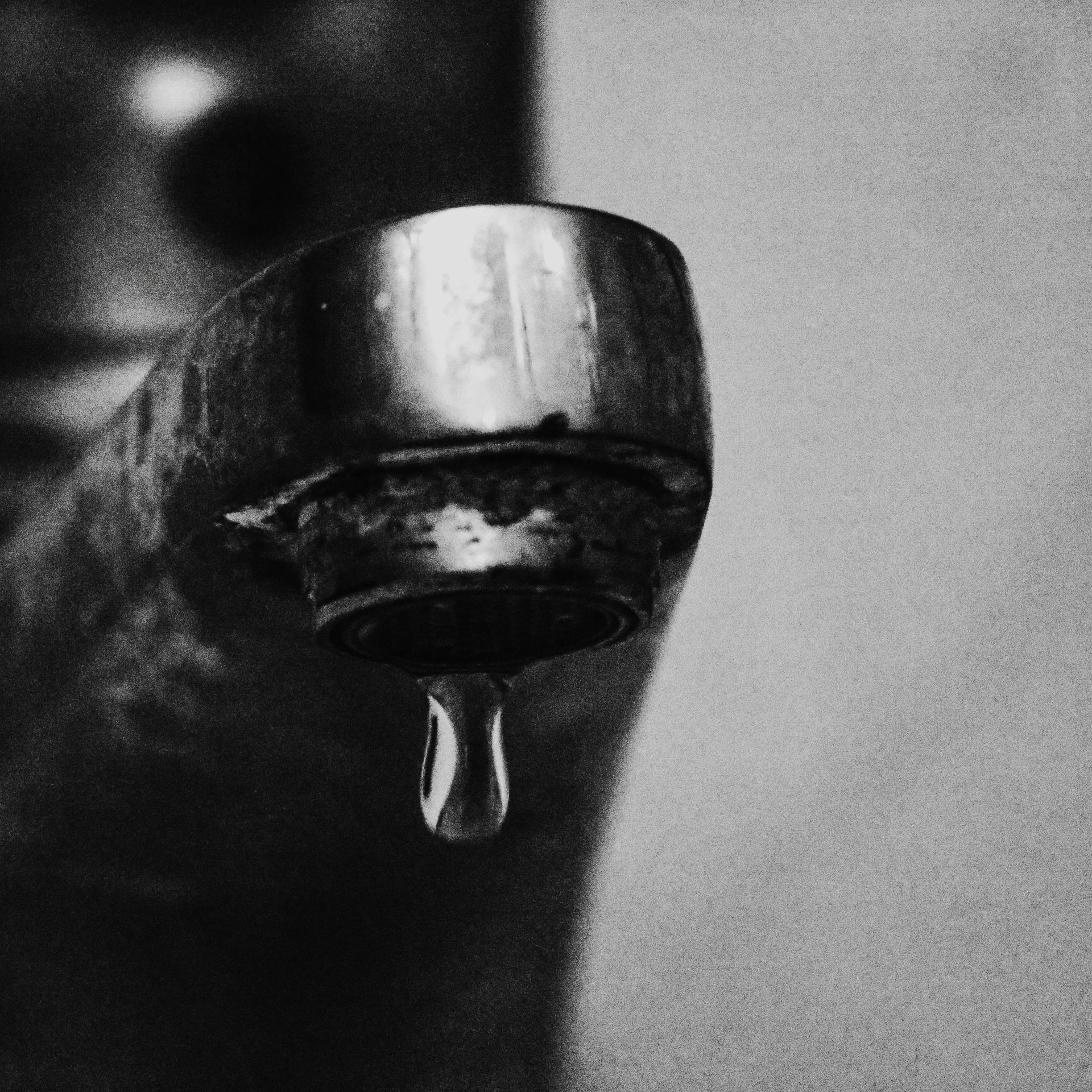What Materials Are Best for Pipe Replacement?
When it comes to pipe replacement, selecting the right materials is crucial for the durability and efficiency of your plumbing system. Whether you’re replacing old pipes or upgrading your system, understanding the different pipe materials available can help you make an informed decision. In this blog, we will discuss the most common materials used for pipe replacement, their benefits, and how to choose the best option for your plumbing needs.
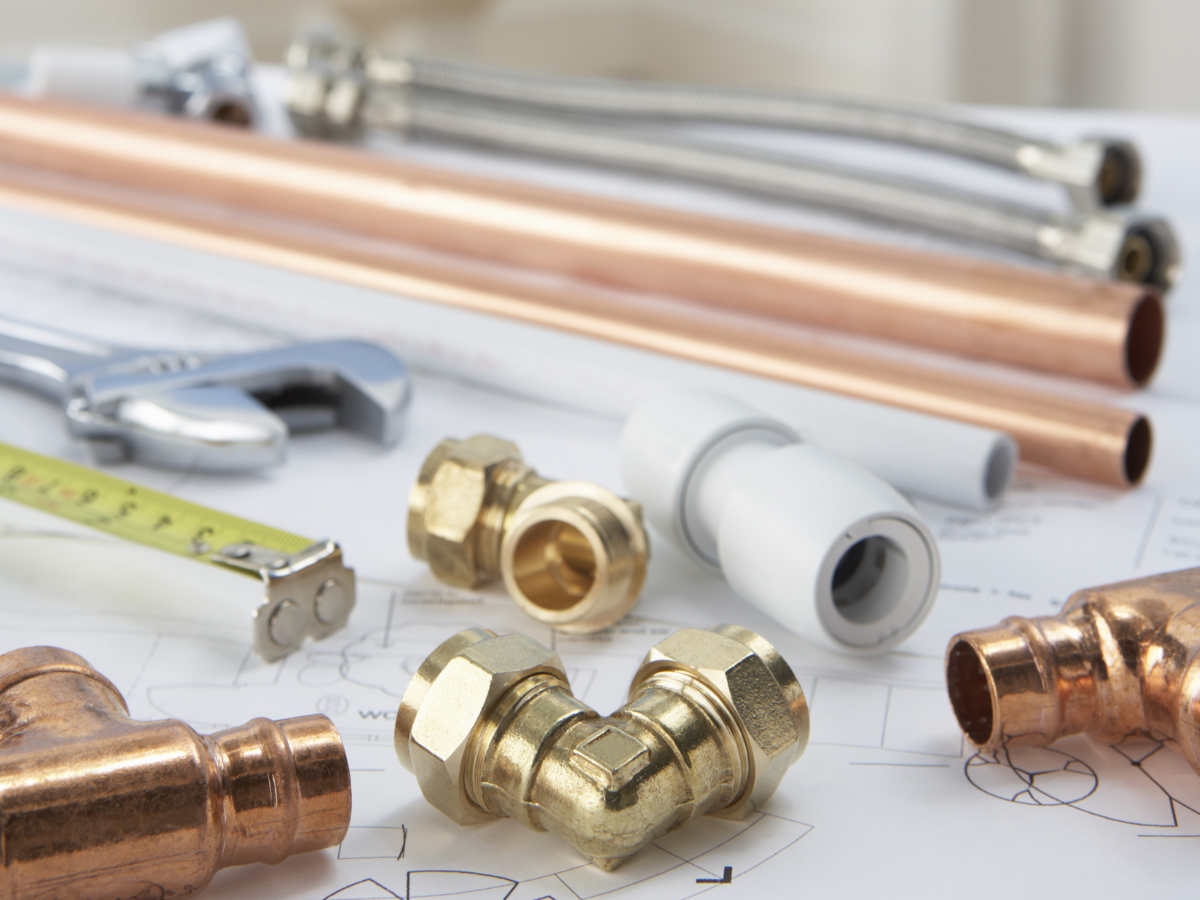
1. Copper Pipes: Durable and Long-Lasting
Copper has been a popular material for plumbing pipes for many years due to its reliability and long lifespan.
- Advantages of Copper Pipes: Copper pipes are known for their durability, resistance to corrosion, and ability to handle high water pressures. Copper also has natural antimicrobial properties, which help prevent the growth of bacteria in the pipes.
- Drawbacks: Copper pipes can be more expensive compared to other materials and may require more labor-intensive installation.
While copper pipes are a great option for homeowners seeking longevity and reliability, they come at a higher initial cost.
2. PEX (Cross-Linked Polyethylene): Flexible and Cost-Effective
PEX pipes are quickly gaining popularity due to their flexibility, ease of installation, and lower cost.
- Advantages of PEX: PEX is highly resistant to scaling and corrosion and can handle both hot and cold water systems. It’s flexible, which makes installation easier, especially in tight spaces. PEX is also less prone to bursting in freezing temperatures compared to other materials.
- Drawbacks: One of the downsides is that PEX pipes are sensitive to UV rays, which means they cannot be exposed to direct sunlight for extended periods.
PEX is a cost-effective option for many plumbing systems and is commonly used for residential pipe replacement projects.
3. PVC (Polyvinyl Chloride): Affordable and Versatile
PVC pipes are widely used for water distribution and drainage systems. They are made from a lightweight plastic material that’s resistant to corrosion and chemicals.
- Advantages of PVC: PVC pipes are incredibly affordable, lightweight, and easy to install. They are resistant to rust and corrosion, making them a great option for both interior and exterior applications.
- Drawbacks: PVC pipes are not suitable for hot water systems as they can warp or soften when exposed to high temperatures. They also require specific adhesives for installation, which can add to the complexity.
If you’re looking for an affordable option for pipe replacement that is durable and easy to install, PVC pipes are an excellent choice.
4. Cast Iron Pipes: Strong and Durable
Although cast iron pipes are less commonly used today, they are still found in older homes and commercial buildings due to their strength and durability.
- Advantages of Cast Iron Pipes: Cast iron is known for its ability to withstand heavy pressures and is highly resistant to impact damage. It also offers great soundproofing qualities, which can help reduce noise in plumbing systems.
- Drawbacks: Over time, cast iron pipes can corrode and become brittle, which can lead to cracks or breaks. Additionally, cast iron pipes are heavy and can be difficult to install.
If you have an older home with cast iron pipes, pipe replacement may be necessary to prevent issues like corrosion and leaks.
5. CPVC (Chlorinated Polyvinyl Chloride): Great for Hot Water Systems
CPVC pipes are a variation of PVC that is specifically designed to withstand higher temperatures, making them ideal for hot water systems.
- Advantages of CPVC: CPVC pipes are durable, resistant to chemicals, and can handle hot water temperatures up to 180°F (82°C). They are lightweight, easy to install, and cost-effective, making them a popular choice for residential plumbing systems.
- Drawbacks: Like PVC, CPVC pipes are vulnerable to damage from UV rays and can become brittle over time if exposed to sunlight.
For homes with hot water systems, CPVC is a reliable and cost-effective option for pipe replacement.
6. Galvanized Steel Pipes: Strong but Outdated
Galvanized steel pipes were once the standard material for plumbing systems, but they have become outdated due to corrosion and other issues.
- Advantages of Galvanized Steel Pipes: Galvanized steel pipes are strong and resistant to damage from physical impacts.
- Drawbacks: Over time, the zinc coating on galvanized pipes can corrode, leading to rust and sediment buildup inside the pipes. This corrosion can lead to leaks, decreased water pressure, and water contamination.
If you have galvanized steel pipes in your home, it’s recommended to replace them with a more durable material like PEX or copper to prevent ongoing issues.
7. Stainless Steel Pipes: Durable and Corrosion-Resistant
Stainless steel pipes are highly durable and resistant to corrosion, making them a great option for plumbing systems that require long-lasting performance.
- Advantages of Stainless Steel Pipes: Stainless steel is resistant to rust, corrosion, and high temperatures. It’s durable and can handle both residential and commercial plumbing needs.
- Drawbacks: Stainless steel pipes can be more expensive than other materials, and installation can be more labor-intensive.
If you're looking for a pipe replacement option that is resistant to corrosion and can handle tough conditions, stainless steel is a solid choice.
Conclusion
Choosing the right material for pipe replacement is essential to ensure the durability and efficiency of your plumbing system. From the affordability of PEX and PVC to the reliability of copper and stainless steel, each material has its benefits and drawbacks. Consider factors such as your budget, the specific needs of your plumbing system, and your long-term goals when selecting the best material for your home or business.
At Pleasant Valley Plumber, we specialize in pipe replacement and plumbing services. Whether you’re dealing with old pipes or looking to upgrade your system, our expert team is here to help you choose the best materials for your needs. Contact us today to schedule a consultation and ensure your plumbing system is in top condition.
